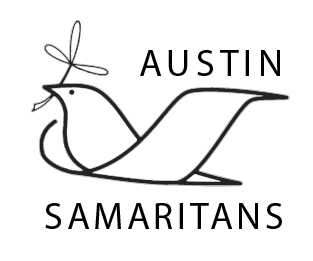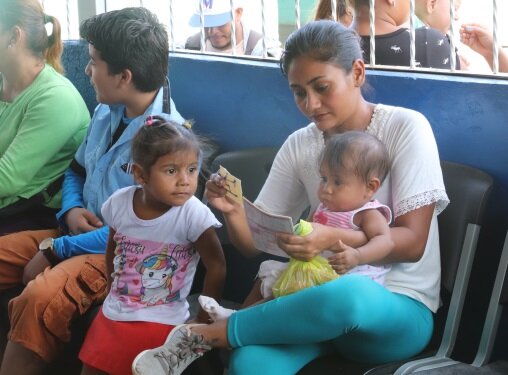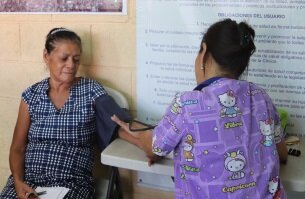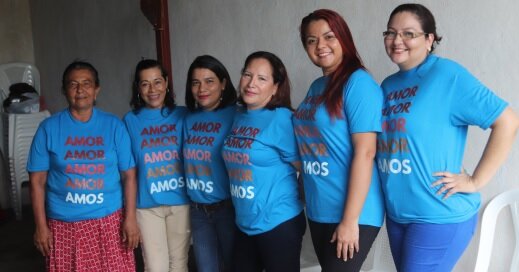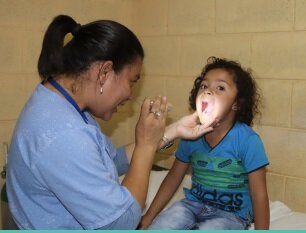Clinica Villa Guadalupe
Clinica Villa Guadalupe is fully licensed by the Nicaragua Ministry of Health and is an important provider of health care services in its community. It provides general medical services, obstetric/gynecological services, ultrasounds, laboratory tests, and free medicines. There is a special focus on pediatric services and monitoring the growth and development of pediatric patients under 5 years of age. In 2023 the clinic provided 2,624 general medical consultations, 617 obstetric/gynecological consultations, 1,224 consultations with children under 12 years old, 239 ultrasounds and 372 consultations with chronically ill patients.
A large majority of the patients are female (74%). Women especially appreciate the quick turn-around time for receiving results of their PAP smears and the personal care given if follow-up is required. Government clinics are free but can take up to three months to provide results for PAP smears.
Clinica Villa Guadalupe, and the community it serves, have their origins in the Managua city dump. Until 2013 there were 1,200 residents that lived in the dump and survived by sorting through the trash to recover anything that could be sold. There was a clinic, Casa Base de Salud, in the dump that provided basic medical services. The clinic was operated by the joint efforts of a Nicaraguan organization and a US-based organization, Manna Project International (MPI). Austin Samaritans helped fund this clinic beginning with the creation of Austin Samaritans in 2007.
The City of Managua and the Spanish Agency of International Cooperation for Development undertook a project to transform the Managua dump into a managed landfill with soil cover each day and a recycling plant. The project included the relocation of the residents of the dump. Houses were constructed for these residents in Barrio Villa Guadalupe. However, the transition was abrupt. Residents were moved with little notice. With only two days’ notice, Casa Base de Salud had to evacuate its building, which was subsequently razed.
Initially, the clinic re-established operations in half of a small duplex in Barrio Villa Guadalupe. Later, operations were moved to a small house in the neighborhood, where the clinic still operates. When clinic operations transitioned to the house, MPI became the sole operator of the clinic, and Austin Samaritans increased its support to enable the clinic to survive.
The community served by the clinic increased significantly in size when the clinic moved to Barrio Villa Guadalupe. In addition to former residents of the dump, the clinic also began to serve approximately 450 families that were relocated from an area subject to flooding by Lake Managua to houses built by the City of Managua. There are now approximately 13,700 residents in the clinic’s service area.
In 2018, because of political turmoil and demonstrations, MPI withdrew from Nicaragua. Austin Samaritans was able to find an alternate organization to operate the clinic, AMOS Health & Hope (AMOS).
AMOS is a mission of the American Baptist Church. It began operating in Nicaragua in 1967. AMOS currently oversees 24 rural health clinics. In addition, since 2012, AMOS has operated the El Samaritano Clinic in Nejapa, an impoverished neighborhood on the outskirts of Managua. The El Samaritano Clinic provides general medical services, gynecology, laboratory and ultrasound services, and a pharmacy. The long-standing commitment of AMOS to improving the health and well-being to the residents of Nicaragua and their expertise in this area made AMOS an ideal candidate to assume operation of Clinica Villa Guadalupe. The transition was successful, and AMOS began operating the clinic in August 2019.
Austin Samaritans is the primary financial supporter of the clinic. Without the support of Austin Samaritans, the clinic would close.
